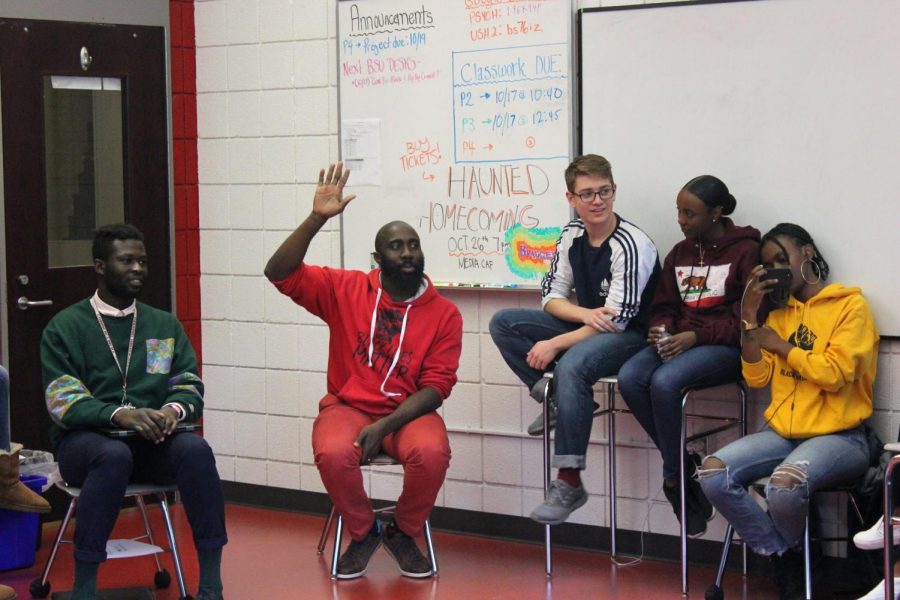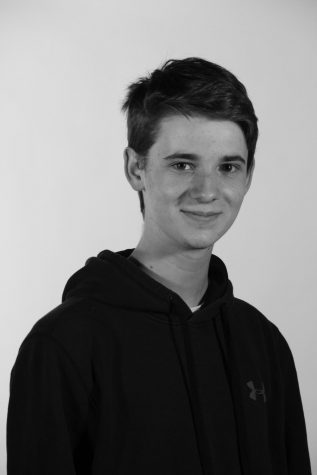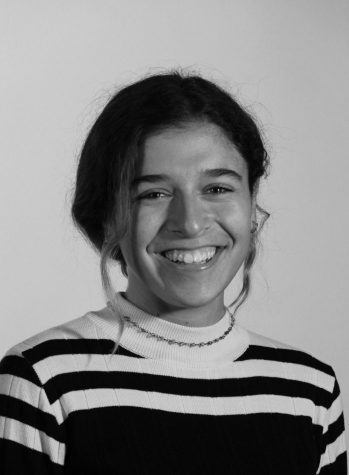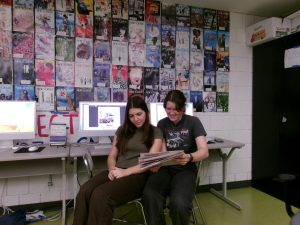BSU: A New Year
Club Sparks Conservation Through “Desks” Project
October 31, 2018
In the last two years, the Black Student Union has become an essential part of the CRLS community and has given black students a place to voice their opinions and feelings without fear of what people may think about what they have to say.
Hermella Kebede ’19, member of the BSU, says “I feel more comfortable speaking and actually being myself and being authentic.” She says the BSU is a place where people can “take action” to address the problems they face.
This year, the BSU has already started initiating in a variety of ways. They have made efforts to both educate students and reinforce the school community as welcoming of all people. As always, they are devoted to consistently giving black students a place where their voice is heard. On the first day of this school year, the BSU organized a back to school dance party to usher people into the new school year.
A more ambitious new project the BSU is introducing this year is Desks, a series where students have conversations about social topics and issues that affect students at CRLS, with topics such as “Who Can Say The N Word?” Supreme Court Cases, in light of the Kavanaugh and Dr. Ford hearings, “Why Does Sexual Assault Culture Still Remain in 2018?” Desks “removes the labels of student and teacher,” according to Reham Zeroual ’20. “[Desks] gives us a platform to speak our truths and have them be challenged.”
Last year, there was a lot of controversy surrounding the Black Student Union. This started when a video was released of students sharing stories of times when they experienced macro- and microaggressions from teachers based on their racial or cultural background. This video faced backlash and created a lot of conversation. Arabic Teacher, Ibrahim Dagher felt that the video wasn’t careful enough. Dagher felt that “The teachers should have been afforded due process.”
Others defended the video as an accurate and necessary comment on the daily lives of people of color at the school. Junior Cindya Gao says she supported the video because she has “experienced racism from teachers and nothing is ever done about it.”
Kevin Dua, the faculty advisor of the BSU, stated that after the BSU received “Backlash, criticism, and the feeling of lack of support from the community,” they had to come together at the end of the last school year to make a decision on whether or not the BSU was fulfilling its purpose: “It was agreed upon among the students and myself that it is, in fact, feasible.”
While they persevered, they were still met with resistance earlier this year when a poster for the club was ripped from its place on Mr. Dua’s door. The tearing of the poster was described by Principal Smith via email as a “deliberate act which goes against the core values of CRLS: Opportunity, Diversity, and Respect. As well as reminding us that macro- and microaggressions still exist within our community.”
When asked about the response within BSU, Mr. Dua exclaimed that the act “came across as a threatening, intimidating sign of disrespect, and, you can even argue, hateful.” He wasn’t surprised, though, expanding on the incidents of last year.
A poster reading “Tear one down, Tear us all down,” was made by a student in response. Dante Fiorillo-Lensch, a junior at CRLS, explained, “Ms. Read gave us the idea to make something for BSU after the incident. … I showed her and she asked me to print a bunch.”
Despite the hostility, the BSU has started the year strong. The BSU represented CRLS at the W.E.B Dubois Medal Ceremony at Harvard honoring Colin Kaepernick. They will also be “participating in a roundtable discussion with the superintendent and school committee on racism; proposing the first ever K-12 district-wide anti-racism curriculum.”
The efforts of the BSU have already drawn positive notice throughout the city and even the region, inspiring other schools to create their own BSU chapters. So far, there is one in a Cambridge middle school, as well as the Arlington and Somerville high schools, both building on the model at CRLS.
Two years later, the BSU is in a position to build on its early success, and to channel the daily frustrations and anger of being black in Cambridge into positive political change. Hermella says, “People assume that I’m angry and, I mean, I am, but I want to be proactive.”
This piece also appears in our October 2018 print edition.











